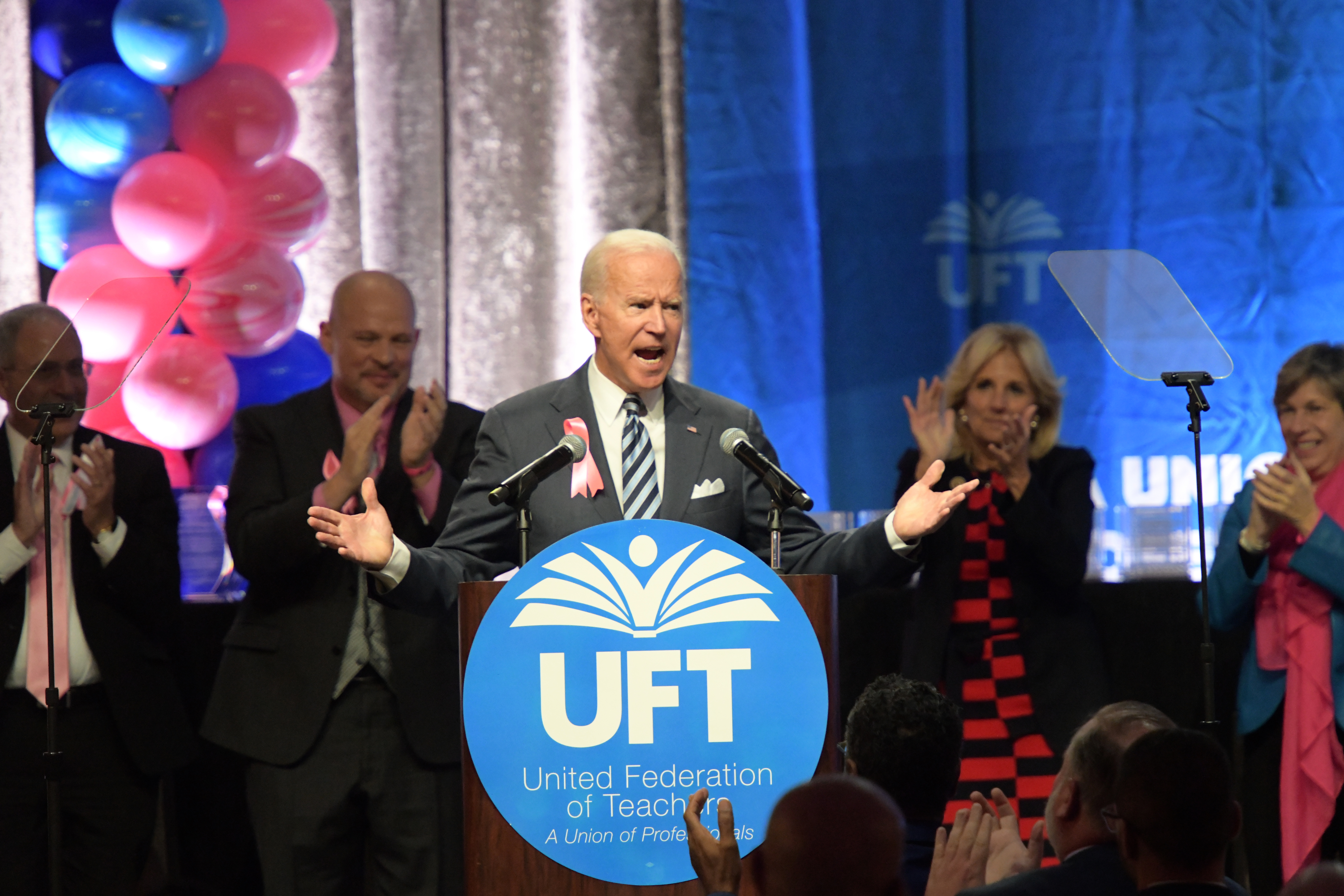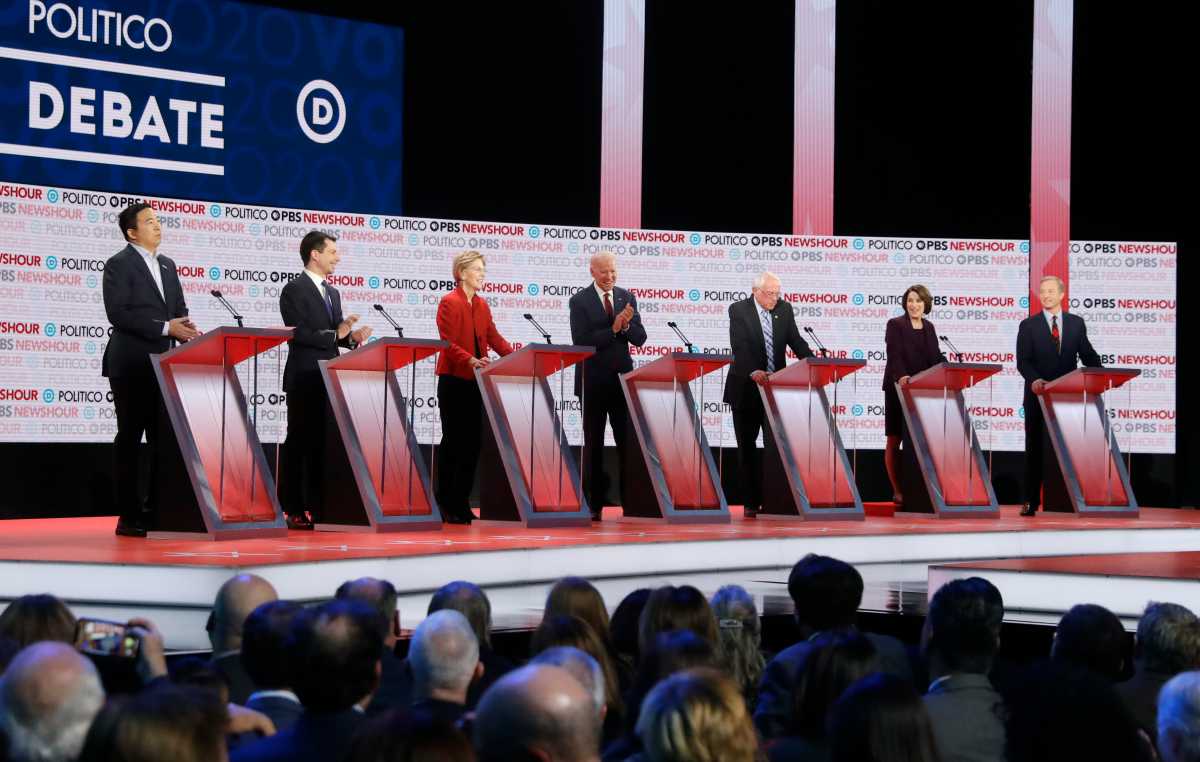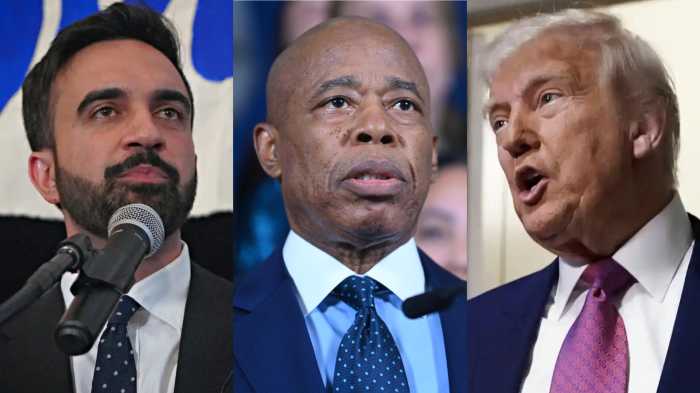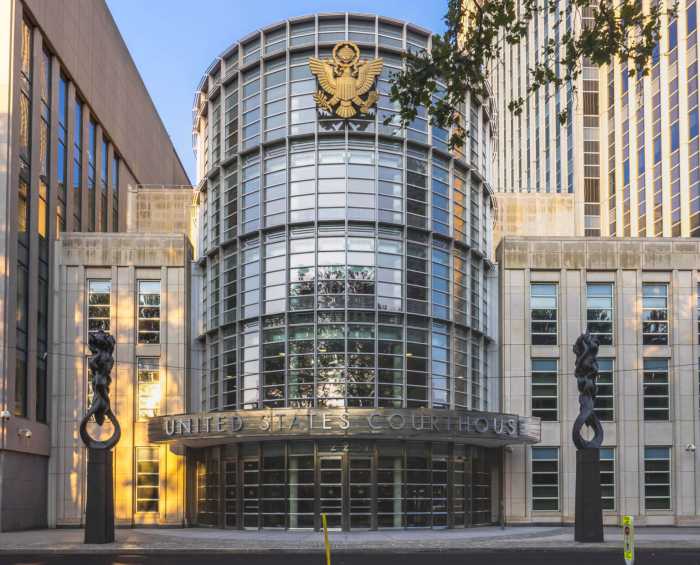If you thought 2016 was stressful, just wait for 2020.
But before jumping into issues that will play key roles in the upcoming presidential election, here is a quick rundown of important election dates leading up to Nov. 4.
From January to April, there will be a handful of primary candidate debates coinciding with state primary elections. Even though President Trump has Republican primary challengers — former Massachusetts Governor William Weld and former Illinois Congressman Joe Walsh — there are no Republican primary debates scheduled.
Iowa is the first state to host a primary contest, with their famous caucuses on Feb. 3. It’ll be an important test of candidate momentum and is a strong indication for how well candidates will do in following primary contests.
The New Hampshire primary follows eight days later, on Feb. 11, along with the Nevada Democratic caucuses on Feb. 22 and South Carolina’s Democratic primary the following day. Then comes Super Tuesday, March 3, where almost a third of states hold their primaries.
New York’s primary election will take place on April 28.
Parties will choose their candidate during their respective conventions held over the summer. The Democratic National Convention will take place in Milwaukee, WI from July 13-16 and the Republican National Convention will be held in Charlotte, NC from Aug. 24-27.
Will the Democratic nominee be a progressive or a moderate?
Whether or not President Trump will run against a moderate or progressive Democrat next year is one factor that will determine the fate of his intended return to the White House.
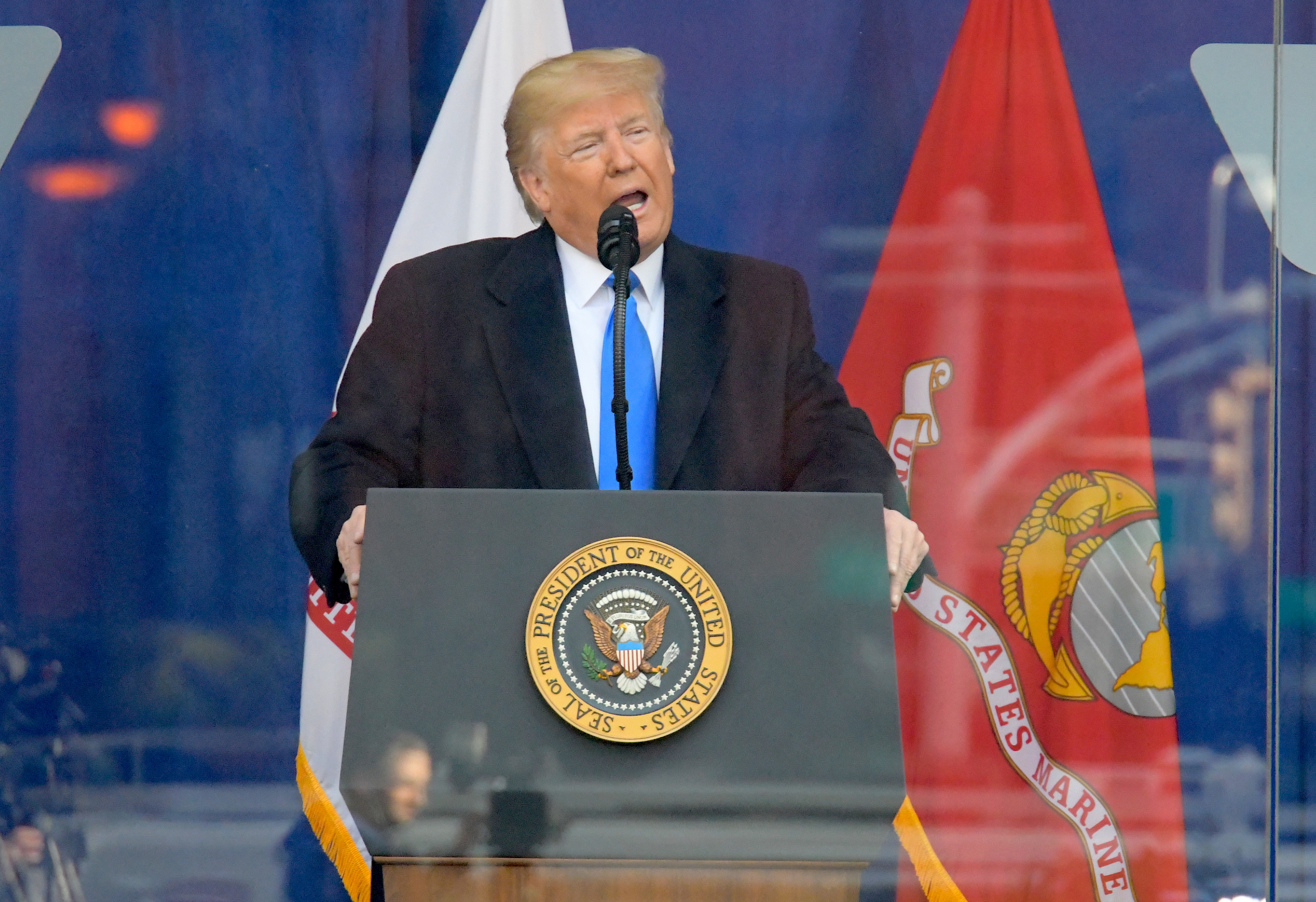
Currently, there are 15 people still competing for the Democratic nomination. The top five polling candidates being former Vice President Joe Biden, Vermont Senator Bernie Sanders, Massachusetts Senator Elizabeth Warren, South Bend, IN Mayor Pete Buttigieg and former New York Mayor Michael Bloomberg. But Bloomberg has yet to qualify for the next Democratic primary debate in January; Minnesota Senator Amy Kloubacher is the fifth Democratic nominee hopeful to qualify for the January debate.
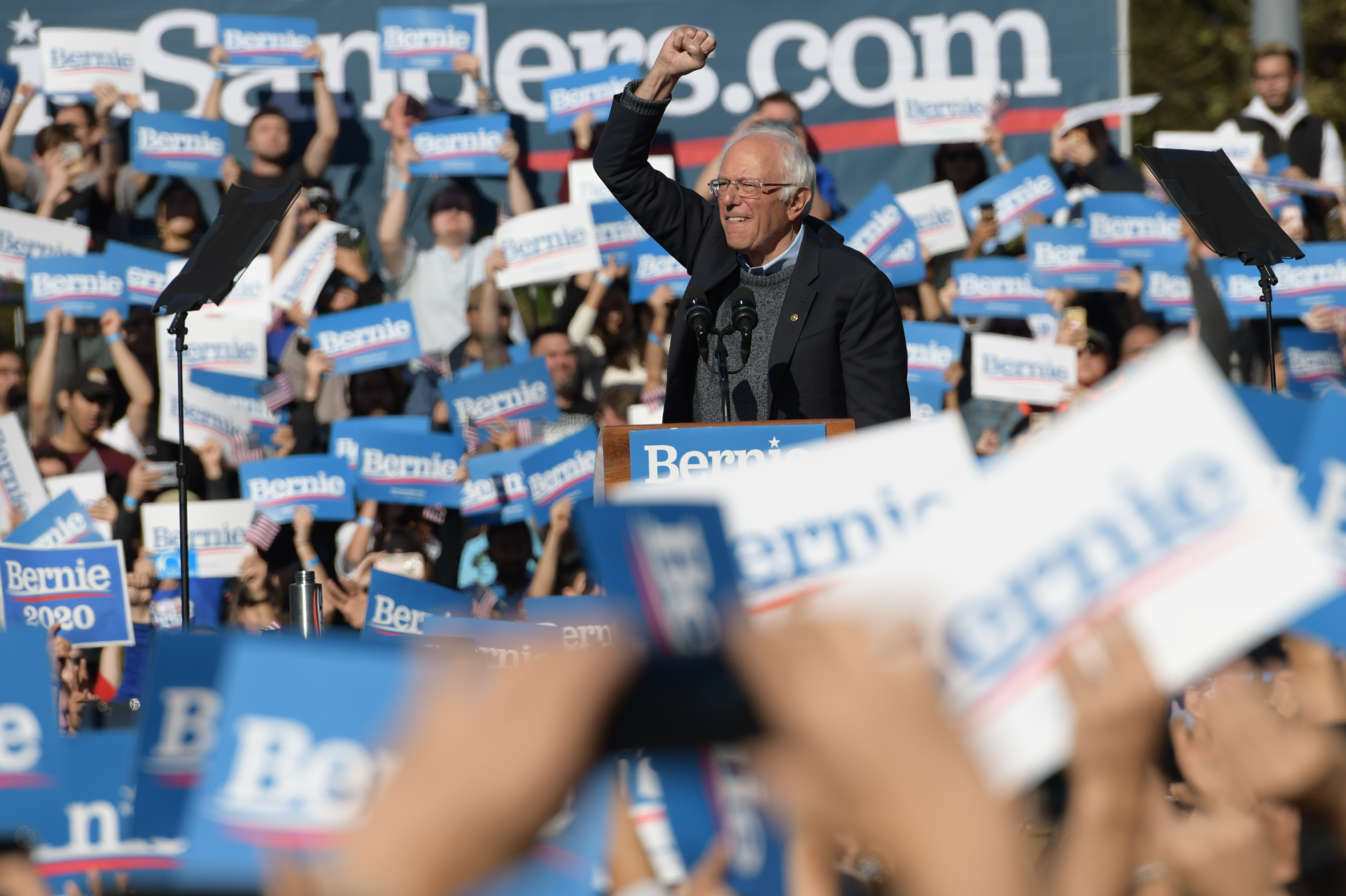
Moderate voters, as they have for more than a generation, will be crucial in deciding how progressive is too progressive to win against Donald Trump.
Can money buy the election?
In November, all of the 2020 presidential candidates had spent over $105 million on digital advertisement, according to Open Secrets. Then Bloomberg, one of the nation’s wealthiest men, announced his candidacy.
Just a month after declaring his presidential run, the billionaire former mayor has spent over $100 million on campaign ads, according to Advertising Analytics, a firm that tracks campaign ad spending. Bloomberg is expected to spend between $300 and $400 million on advertisement across all media platforms by Super Tuesday, the New York Times reports, in an effort to inundate voters with attacks against Trump.
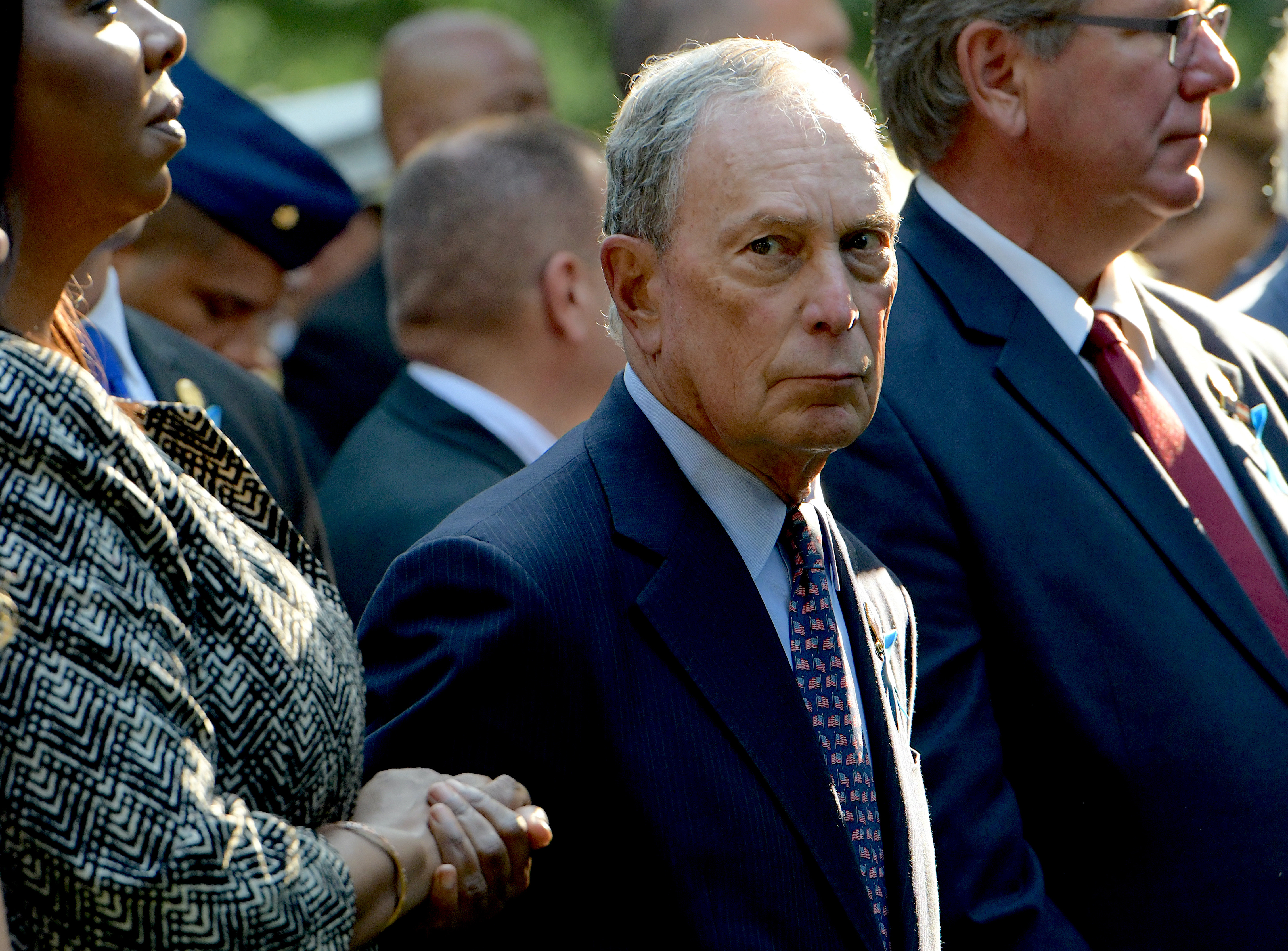
This massive funneling of funds in advertisement has broken records and accounts for about a fourth of the advertising money spent during the entire 2016 presidential election.
Will there be election interference again?
In November, several heads of government agencies such as the National Security Agency, FBI and the Department of Justice and the Department of Homeland Security released a joint statement warning against election interference from Iran, Russia and China.
In the statement, the agency heads acknowledged that they had no evidence of a anything “that would enable adversaries to prevent voting, change vote counts, or disrupt the ability to tally votes.” The agencies continue to monitor threats to the country’s upcoming election.
The statement adds the three countries would “seek to interfere in the voting process or influence voter perception” possibly via social media campaigns, conducting cyber attacks on local and state infrastructure or by spreading disinformation.
Will Trump’s impeachment weaken or embolden his supporters?
On Dec. 18, the House of Representatives voted to impeach President Donald Trump, making him the third president to be impeached in the nation’s history. But despite the blow, some election analysts argue that impeachment will be forgotten by steadfast Trump supports by the time the election comes around.
Trump has also used the impeachment as further evidence of what he claims has been a three-year-long government conspiracy to ruin him — a baseless claim that he has used for political gain.
